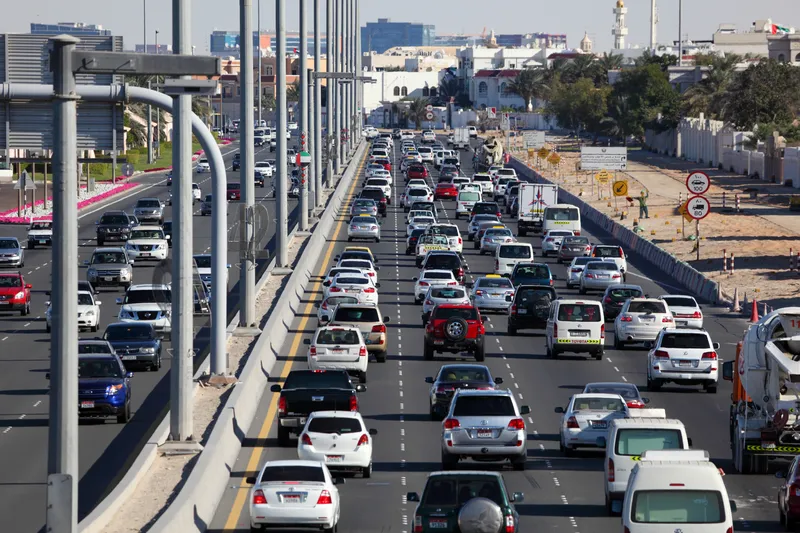TomTom has announced the availability of Commercial Vehicle Restrictions integrated into TomTom Pro navigation solutions for the US. In some states, business vehicles can be restricted from using particular roads and classification varies by state and any vehicle that bears commercial license plates must adhere to these regulations.
April 17, 2012
Read time: 1 min
RSS1692 TomTom has announced the availability of Commercial Vehicle Restrictions integrated into TomTom Pro navigation solutions for the US. In some states, business vehicles can be restricted from using particular roads and classification varies by state and any vehicle that bears commercial license plates must adhere to these regulations.
“Business drivers can now leverage easy-to-use TomTom navigation that also encompasses key commercial vehicle travel restrictions to ensure they are on the right roads and adhering to applicable restrictions,” said Michael Geffroy, vice president of sales, North America for TomTom Business Solutions.
“Business drivers can now leverage easy-to-use TomTom navigation that also encompasses key commercial vehicle travel restrictions to ensure they are on the right roads and adhering to applicable restrictions,” said Michael Geffroy, vice president of sales, North America for TomTom Business Solutions.










